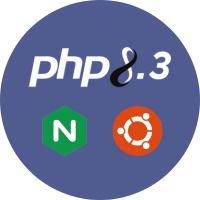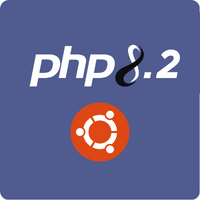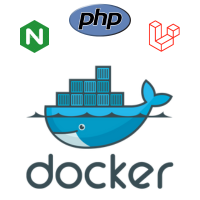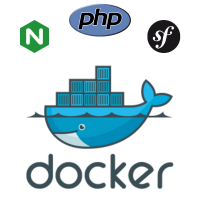Running PHP8.3 with Nginx on Ubuntu

PHP is a scripting language widely used for web development, with code processed on a web server through a PHP interpreter, implemented as a module, daemon, or CGI executable. Nginx lacks the default ability to handle dynamic web pages with PHP and requires specific additional plugins for this purpose. One such plugin is FPM (FastCGI Process Manager), an alternative PHP FastCGI implementation offering additional features, particularly advantageous for high-traffic sites. FPM stands out as the preferred method for PHP page processing with Nginx, surpassing traditional CGI-based methods in terms of speed.








